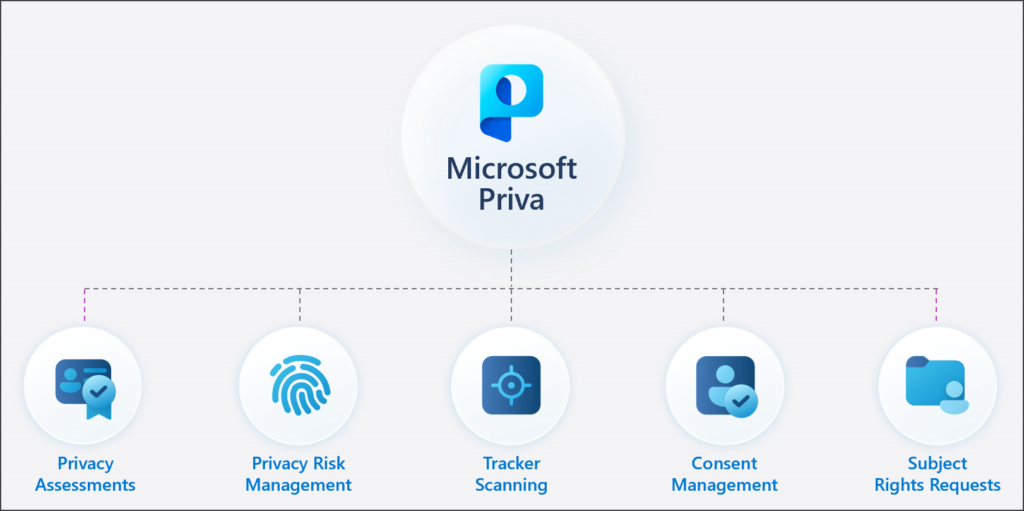
It’s that time of year again, summer is coming to an end, the nights are already starting to draw in and September is just around the corner, which means only one thing to many of you, it’s Back to School.
Whether you are just starting out on your educational journey, you are heading in to that all important Year 11, or you are a teacher, (or a parent!), getting ready for the full onslaught that the new term brings, there is no getting away from the fact that education is a massive part of many people’s lives and within that, IT plays a fundamental role.
As understanding the importance of good IT services can be an absolute minefield to many, especially around the delivery of IT to young people within education, it is crucial for parents and teachers alike to be technology savvy, and up to speed on the latest gadgets and gizmos. That doesn’t mean you have to turn in to a computer nerd, it’s just a good idea to keep some bits of knowledge within your armoury, as many young people are further ahead of the game than the adults are!
So, if you are wondering why IT is so important to children and schools, or if you are looking at ways of improving delivery of IT services to young people within education, read on…
Why do we need IT in the Classroom?
There are lots of good reasons for bringing IT to the forefront of education. Not least because in this Digital Age, we need to equip our young people for the realities they face when they enter the world of adulthood and have to deal with every day chores such as internet banking and ordering the groceries! Moreover, there are very few businesses out there who offer employment opportunities if you have no experience of using IT to communicate or to produce work.
Emails, spreadsheets, presentations and reports all form part of everyday working life for the majority of us, and to not prepare our young people in this way would be particularly regressive.
Furthermore, with almost 90% of homes in the UK owning a computer, schools have a responsibility to keep up, and educate our young citizens how to use IT sensibly and effectively. For the remaining families who do not possess a PC, schools provide essential access to learning that otherwise some young people would miss out on.
How has IT Transformed the Classroom?
It is widely accepted that IT has ‘transformed’ the learning experience. With the development of the Internet, children have access to opportunities that have never been previously possible and empowers young people to view the world through alternative experiences.
Communication has been opened up literally on a world-wide scale, and communicating with somebody in say Australia, is just as easy as talking to somebody sat next to you in the same room.
Not only that, but as many of the old teaching methods are out of date and seem so last century, using IT in the classroom keeps children engaged, provides immediate access to information and encourages young people to research from a variety of sources; see things through different perspectives and create their work in fresh and innovative ways.
Furthermore, providing Computer or IT lunchtime groups can be especially helpful for children on the Autism spectrum who may find it difficult to engage in other playground activities, providing an outlet for like-minded youngsters to come together without feeling the pressure of having to socialise, yet building confidence and a network of friends in an environment they are most comfortable with.
What About IT Security in Schools?
With all these positives about providing IT facilities to young people, it is important to remember that IT security is a pre-requisite for anybody engaging in these services, and IT security in schools must be especially stringent.
Educating children on the dangers of the internet is only part of the issue, and naturally, this has to be age appropriate and delivered in an effective yet sensitive manner. Other ways in which schools should be considering security of their IT services is to have up to date policies and procedures, an accurate inventory of all IT products on site, and an effective incident plan should IT security be breached.
Servers and networks should have rigorous firewalls to protect against unsafe websites, and access to data needs to be carefully considered, with strict controls over administrative privileges and Wi-Fi access. Files must be regularly backed up with a quick and effective data recovery plan in place; and as children are the ones with the most inquisitive minds, content filters constantly need to be updated.
The Gov.UK website provides advice for teachers and Bandicoot IT can provide a 16-part Security Audit for your school free of charge, to ensure you are compliant on things such as GDPR, computer encryption and web filtering.
Additionally, many larger schools now employ their own IT professionals who are up to date on the most recent developments in cyber security, however this is not always financially viable in a smaller school.
Contact Us
If you don’t have a school IT department and you are concerned about your own cyber security you can contact us here, or call us on 01282 506 616 for expert advice on how to stay up to date on the latest security developments and how to keep young people safe online.
We have over 25 years-experience of making networks secure and providing the right level of IT support, and whether you are a parent or a teacher wishing to discuss IT safety, we would be delighted to speak to you.



